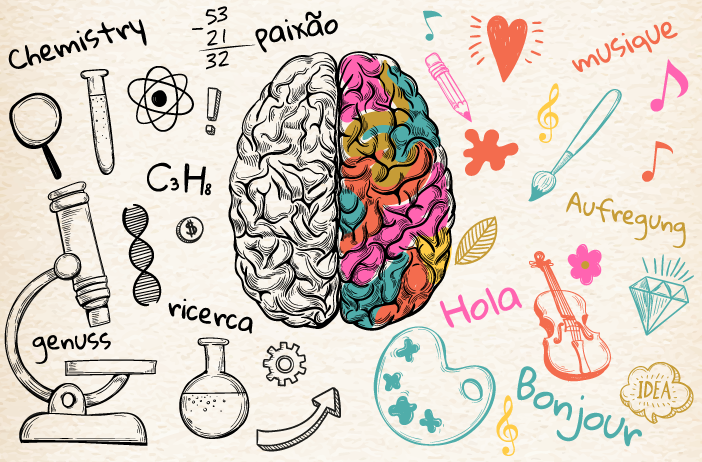Learning a second language requires an evolutionary process. It has been proven that doing so during childhood facilitates the acquisition of the necessary knowledge to speak other languages fluently. But, whatever the age, learning a second language requires a study structure that produces results, with a teacher as a guide in this process.
For this reason, it is important to define the language learning objectives clearly, as well as to establish what the student’s priorities are. That is why I will recommend 5 ways to learn a language easier and faster:
1. Find an Online Tutor to Speak With Each Week
If we are looking for fluency at any level, this point is important. The fact is that having an online tutor will increase your results compared to being in a classroom because in a classroom you focus on teaching several students at eleven with few interactions, but in an individual section, you have the opportunity to listen, talk more and solve your grammatical doubts, it will undoubtedly be more interactive.
2. Read and write
Reading in a foreign language that you want to learn or improve is one of the most obvious advantages when we read in the language that is being studied, it is a good way to learn new words. Books, articles, exercises, or any other reading tool are unlimited sources of words to learn and expressions to retain. The more you read, the richer your vocabulary becomes. And of course, writing is an excellent tool to exercise memory, it can be very easy, you don’t need to write many things, it can be writing verbs, a summary of the class you had, describing your family or simply what you did that day.
3) Use the Repetition
Memorization is one of the fundamental elements in all learning of a foreign language. Our brain is not prepared to easily retain a large amount of information. Therefore, it is best that you optimize the task with techniques that work and are scientifically supported, such as repetition.
Repetition is one of those essential techniques for rapid memorization, and it is especially useful for learning vocabulary in record time. This concept arises from the English Spaced Repetition System (SRS) and is based on making repetitions in short and constant time intervals. repeating something will help us learn or retain. You can put it into practice either by reading a list of verbs several times from your phone, from an application, or from your notebook.
4) Use Language Exchanges to Speak to Native Speakers
Learning this language with native speakers has many advantages since you will learn it in a more natural way, with the correct stress and intonation, you will get to know part of their culture, as well as the use of idioms. Native teachers have a greater command of the language and consequently a better and more natural pronunciation than a teacher who has acquired the language as a second language. Then, they will not only help you familiarize yourself from the beginning with the sounds, intonation, and correct pronunciation of words, but they will also be able to correct you more effectively.
5) Create the habit of studying Spanish
This can be difficult and a bit frustrating if our level is basic or intermediate, however, habits are the ways in which our brain increases productivity. When we do a new task, at first we use a lot of energy and effort to carry it out. As this task is repeated, and once we understand how it works, the brain will begin to do it unconsciously, freeing up more space for thought.








